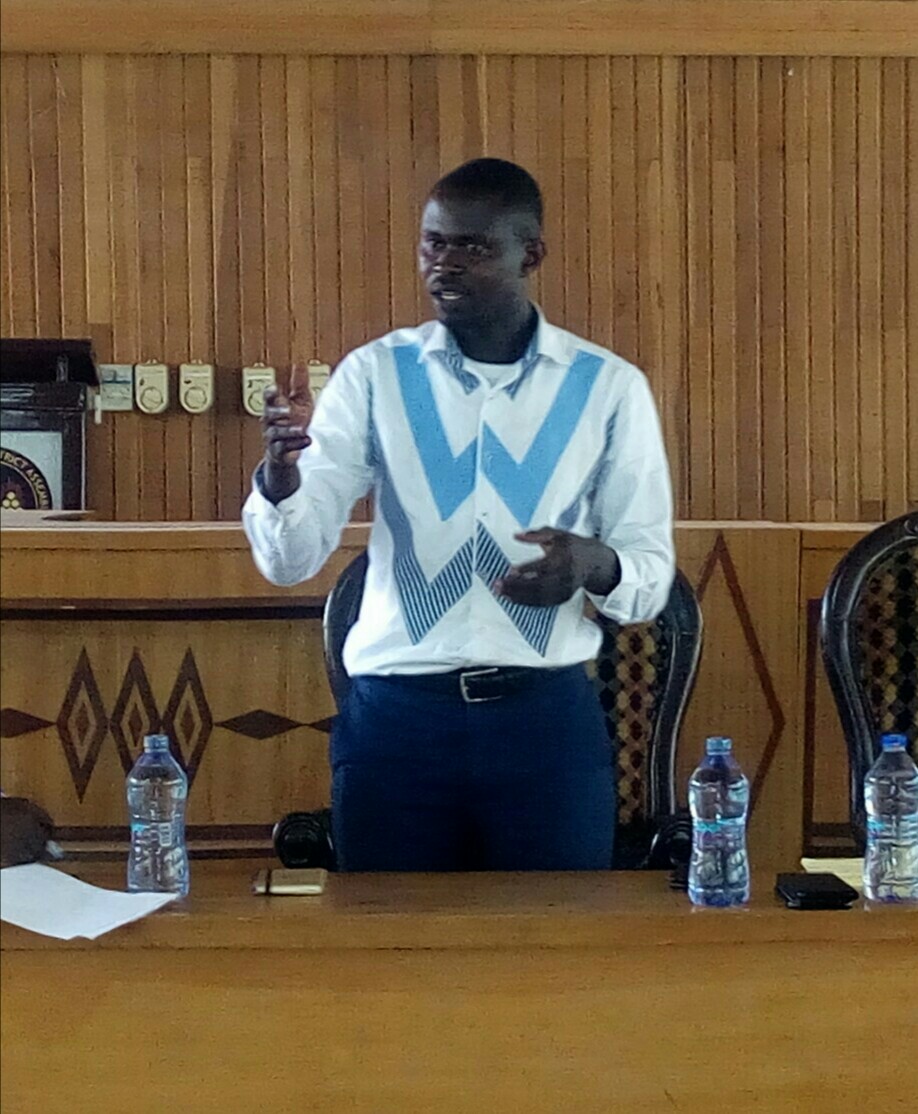Why Chinese Nationals Face Growing Unrest in Ghana

The pursuit of gold has long shaped Ghana’s destiny, but the escalating crisis of illegal small-scale mining, locally known as “galamsey,” is casting a dark shadow, particularly over the Chinese community operating within the West African nation. While many Chinese nationals are in Ghana for legitimate business, the deep involvement of some in illicit mining practices has led to a palpable rise in anti-Chinese sentiment and, consequently, an increase in safety concerns for Chinese individuals across the country.
At the heart of the growing insecurity is the widespread perception that Chinese are doing illegal mining in Ghana. Ghana’s Minerals and Mining Act reserves small-scale mining licenses for Ghanaian nationals, yet thousands of Chinese individuals have entered the sector, often operating through illicit partnerships with locals. These operations frequently involve heavy machinery like excavators and bulldozers, far exceeding the traditional artisanal methods, allowing for rapid and extensive extraction. This mechanization, often funded and managed by Chinese investors, has given these illegal operations a competitive edge over local miners, fueling resentment and accusations of unfair practices.
The environmental devastation wrought by “galamsey” is a major driver of public anger. Chinese are spoiling Ghana’s water bodies due to the improper mining they practice in Ghana. Illegal miners, including Chinese operators, often employ highly destructive methods. They clear vast swathes of land, including vital forest reserves and farmlands, and directly mine in or near rivers, turning once pristine water sources into muddy, toxic nightmares. The extensive use of harmful chemicals like mercury and cyanide to extract gold contaminates these water bodies, rendering them unsafe for consumption, agriculture, and posing severe health risks to local communities. Rivers like the Pra, Ankobra, Birim, and Offin, once lifelines for many, are now heavily polluted, leading to fears that Ghana may need to import fresh water by 2030.
This environmental degradation and the perceived exploitation of Ghana’s natural resources have ignited a fierce backlash from the Ghanaian populace. Local communities, whose livelihoods depend on farming and clean water, bear the brunt of the environmental impact, fueling frustration and anger directed at those perceived as responsible. High-profile arrests and convictions of Chinese nationals involved in illegal mining, such as the infamous “Galamsey Queen,” Aisha Huang, further reinforce the narrative of Chinese culpability in the crisis.
While Ghanaian authorities have launched various “Operation Halt” initiatives and made arrests, the persistent nature of “galamsey” and the widespread belief that foreign elements, particularly Chinese, are major facilitators, have created a volatile environment. This has, unfortunately, translated into an increased risk for all Chinese nationals in Ghana, irrespective of their involvement in illegal activities. The resentment on the ground can manifest in various ways, from verbal confrontations to more serious incidents, as frustration over environmental destruction and economic displacement reaches a boiling point.
The Chinese Ambassador to Ghana has acknowledged the involvement of some Chinese nationals in illegal mining and has urged them to refrain from such activities. However, he has also stressed that the issue is complex, highlighting the role of Ghanaian facilitators and systemic regulatory failures that enable these illegal operations.
Ultimately, the safety of Chinese nationals in Ghana has become inextricably linked to the ongoing fight against “galamsey.” Until the pervasive issue of illegal mining, and particularly the destructive methods employed by some foreign actors, is brought under control, the perception of Chinese involvement will continue to fuel public anger and contribute to an environment where Chinese individuals may find themselves increasingly unsafe. The urgent need to protect Ghana’s environment and natural resources has created a challenging and sometimes hostile landscape for those associated, directly or indirectly, with the illegal gold trade.
Source: http://thepressradio.com





